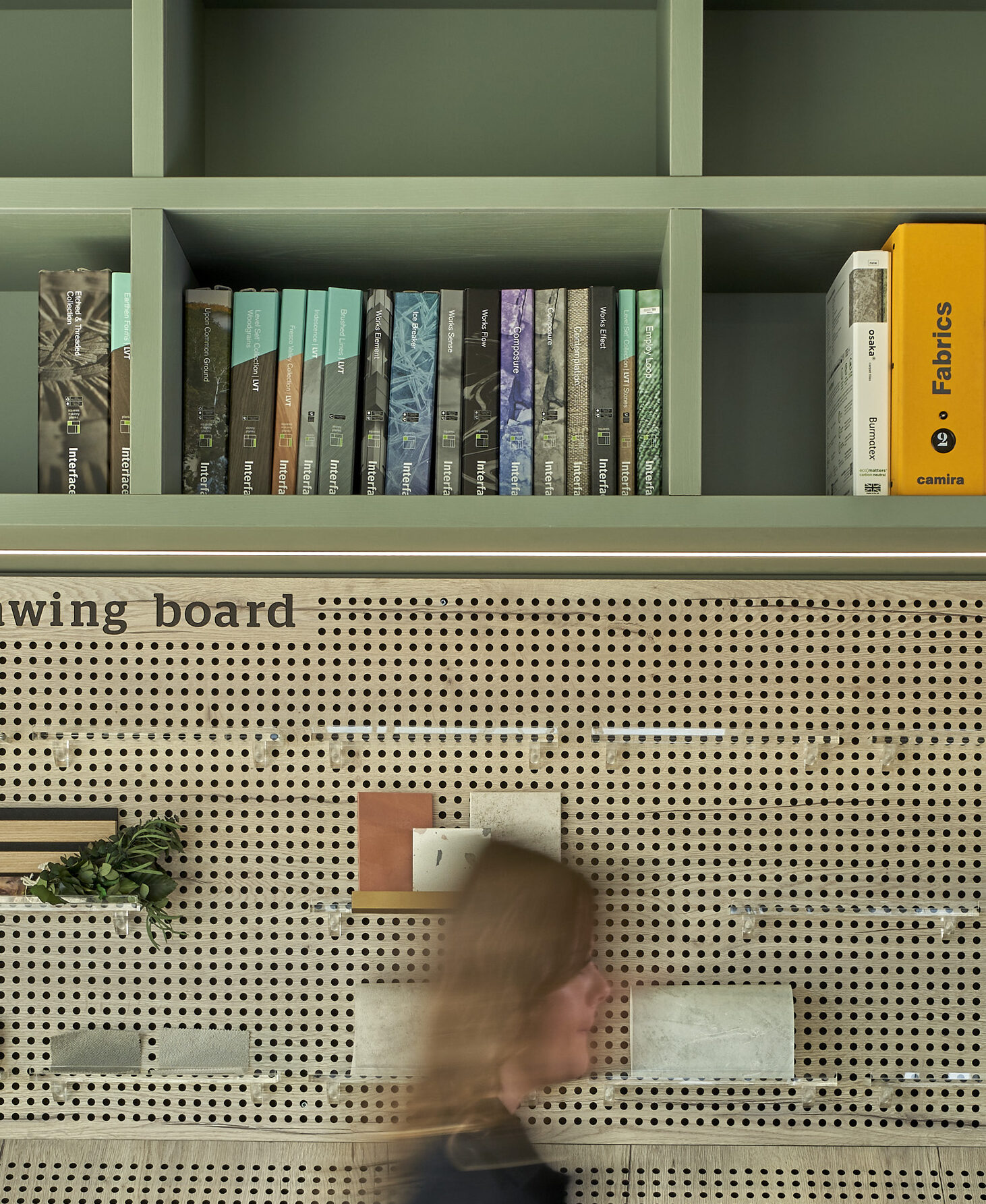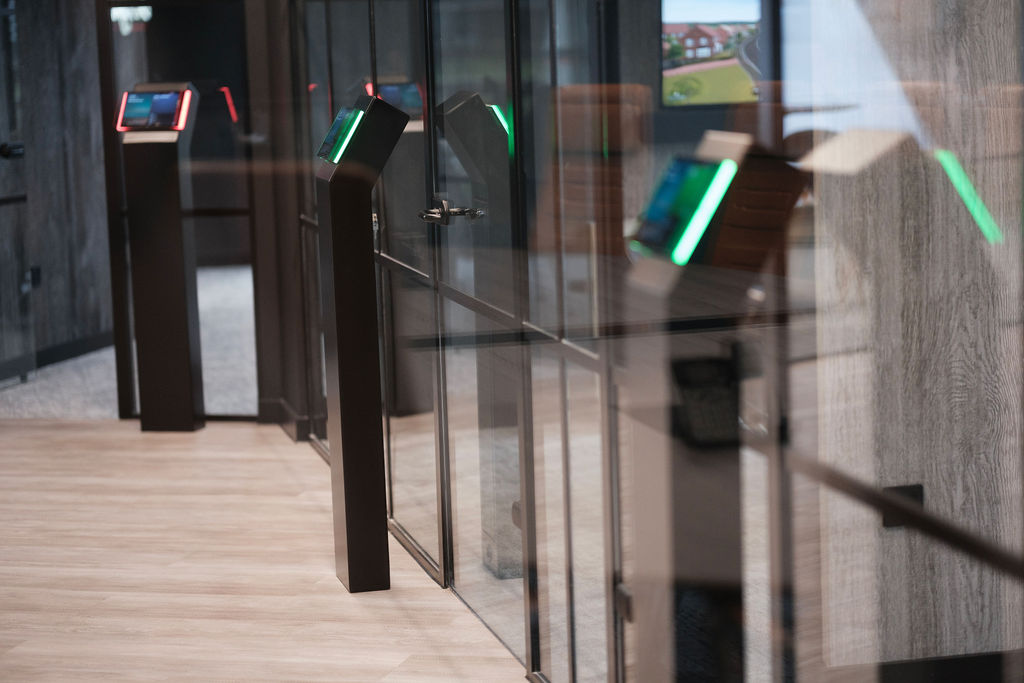
Industry Insight
2026 Office Refurbishment Guide

In today’s rapidly evolving business landscape, the integration of technology in the workplace has become more than just a trend—it’s a necessity.
As an interior design and fit-out company specialising in office spaces, we recognise the critical role technology plays in shaping modern work environments.
From enhancing productivity and fostering collaboration to promoting innovation and adaptability, technology integration is at the forefront of creating dynamic and efficient workplaces.
The integration of technology within the modern workplace environment offers a myriad of opportunities to streamline processes and boost productivity. From cloud-based collaboration tools to automated workflows and smart office solutions, technology empowers employees to work smarter, not harder.
By leveraging advanced communication platforms such as video conferencing and messaging apps, teams can seamlessly collaborate across different locations and time zones, reducing the barriers to effective communication. Moreover, the automation of routine tasks through software solutions frees up valuable time for employees to focus on more strategic endeavours, thereby increasing overall efficiency.
When incorporating technology into office design to promote collaboration and innovation, businesses must consider several key factors. Firstly, the physical layout of the workspace should facilitate interaction and teamwork. Open-plan layouts, flexible seating arrangements, and designated collaboration zones encourage spontaneous discussions and idea sharing among employees.
Additionally, integrating technology seamlessly into the office environment is essential for enhancing collaboration. This includes providing access to shared digital platforms, interactive displays, and wireless connectivity to enable effortless information sharing and brainstorming sessions.
Moreover, fostering a culture of innovation requires more than just technological tools—it necessitates creating an environment where employees feel empowered to experiment, take risks, and think creatively. Incorporating spaces for brainstorming, prototyping, and informal gatherings can stimulate idea generation and foster a culture of innovation within the organisation.
In today’s fast-paced business landscape, adaptability is key to staying ahead of the curve. The strategic implementation of technology in office fitouts plays a crucial role in creating a flexible and adaptable work environment that can evolve with the changing needs of employees and businesses alike.
By investing in modular furniture, adjustable workstations, and scalable technology infrastructure, businesses can easily reconfigure their workspace to accommodate shifting priorities and growth. Moreover, the adoption of cloud-based software solutions and mobile technologies enables employees to work from anywhere, at any time, providing the flexibility needed to balance work and life commitments.
Furthermore, incorporating sustainable technologies and energy-efficient systems into office fitouts not only reduces environmental impact but also future-proofs the workplace against rising energy costs and regulatory changes.
In conclusion, the integration of technology in the workplace is an intricate endeavour that goes beyond simply incorporating the latest gadgets and devices. As an interior design and fit-out company specialising in office spaces, we understand the importance of leveraging technology to enhance productivity, promote collaboration, and create adaptable work environments.
By considering key factors such as workspace layout, technological infrastructure, and organisational culture, businesses can harness the power of technology to create dynamic and efficient workplaces that meet the evolving needs of employees and businesses alike. As technology continues to advance, we remain committed to helping our clients design and optimise their office spaces for maximum productivity, innovation, and success.